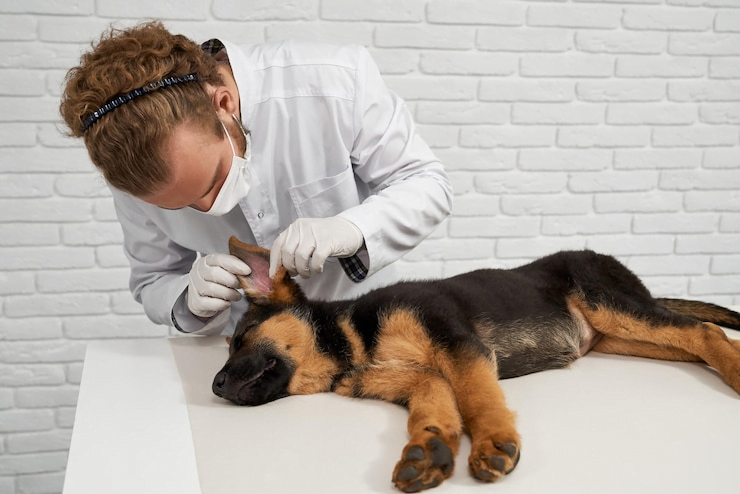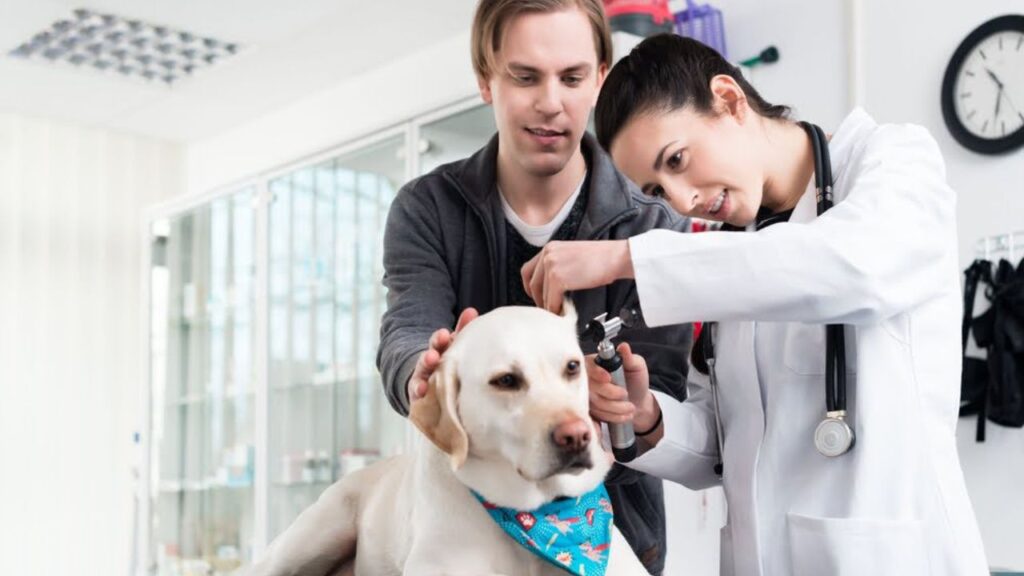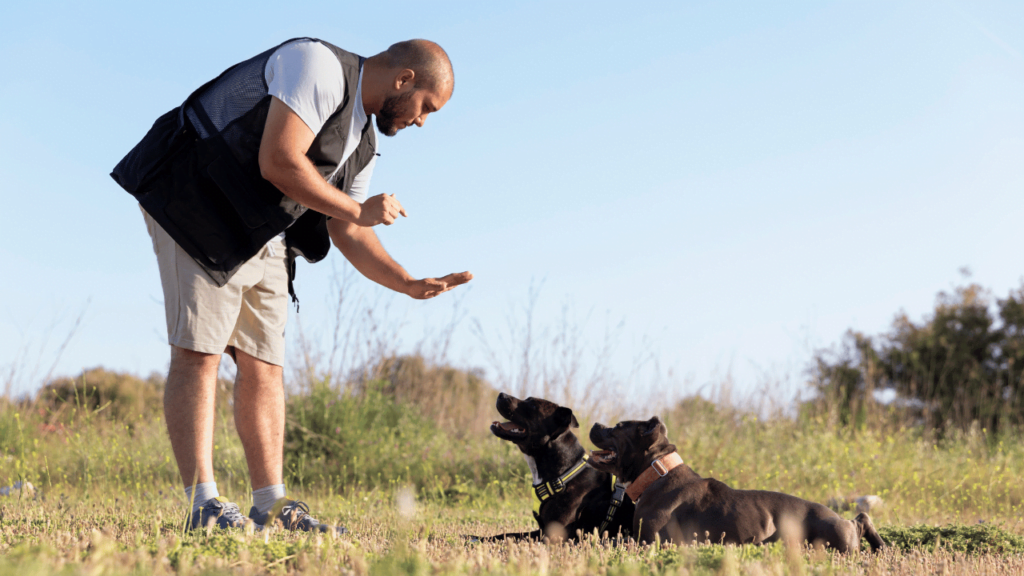Caring for a dog after neutering can be daunting for pet owners, but it doesn’t have to be. Neutering is a standard procedure with many benefits, from reducing unwanted litter to lowering the risk of certain diseases. However, post-surgery care is crucial for a smooth and speedy recovery.
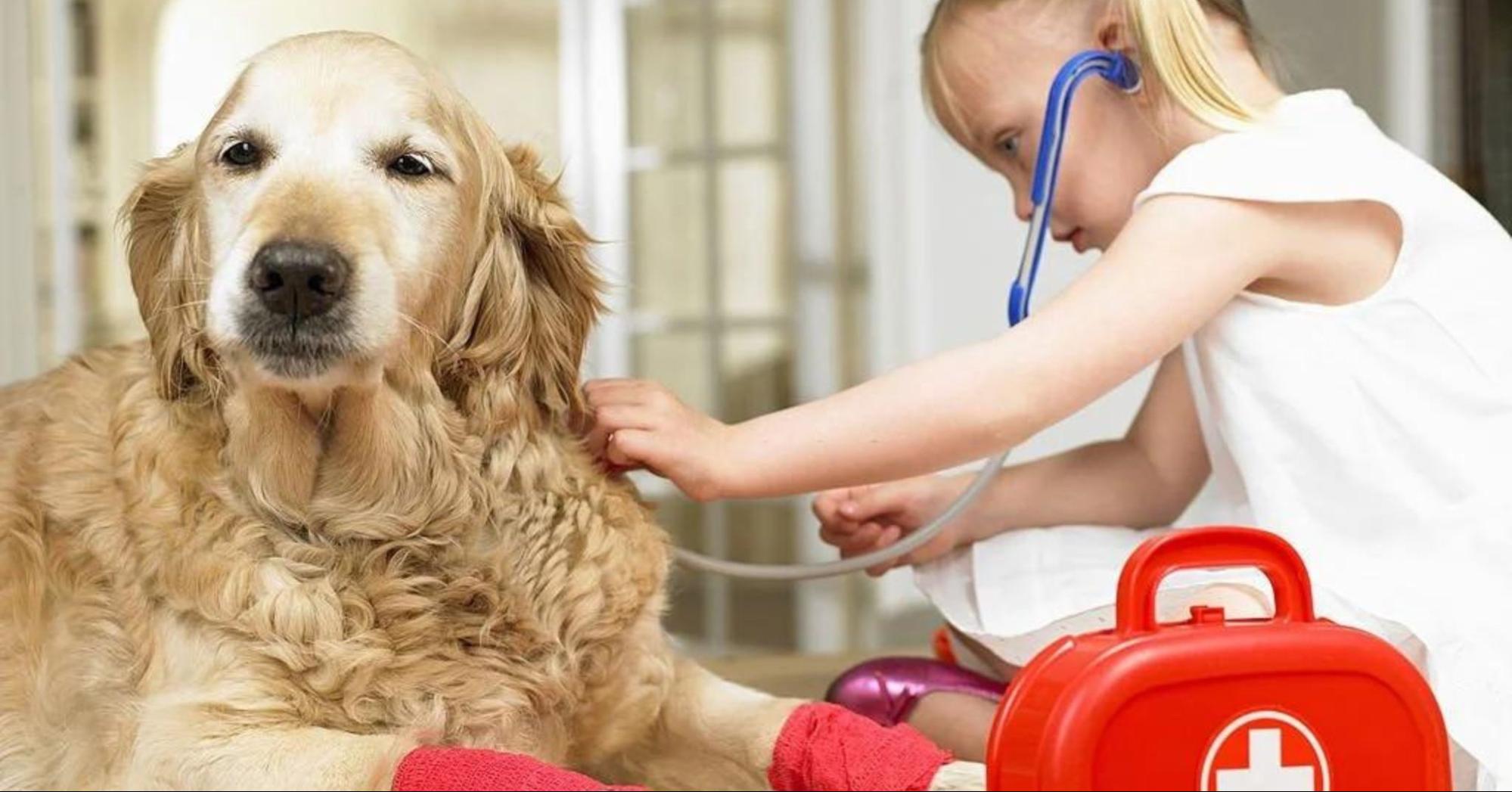
Whether you’re a first-time dog owner or a seasoned pet parent, this guide is designed to help you understand and manage every aspect of your dog’s recovery process, Guide to Dog Care.
The Healing Process After Neutering
What to expect after your dog has been neutered is vital for adequate care. The surgery involves making an incision, which will take time to heal. Generally, the recovery period lasts about 10 to 14 days, but it can vary depending on your dog’s age, size, and health.
You can expect your dog to feel dizzy and tired for 24-48 hours post-surgery. This is entirely normal and results from anesthesia. Please keep your dog in a quiet, comfortable place to rest without being disturbed.
Restricting their activities during this period is essential to prevent the incision from reopening, which could lead to complications. Comprehensive guide to dog care: tips on nutrition, grooming, training, and health to keep your furry friend happy and healthy.
Monitor the surgical site daily for any signs of infection, such as redness, swelling, or discharge. If you notice any of these symptoms, contact your vet immediately. Also, ensure your dog does not lick or chew at the incision site; using an e-collar can help prevent this.
Dietary Adjustments for Post-Neuter Health
Your dog’s diet plays a significant role in their recovery. Post-neutering, dogs often experience a change in metabolism, which can lead to weight gain if not appropriately managed. Therefore, adjusting your dog’s diet is crucial for maintaining their optimal health.
Start by portioning meals according to your vet’s recommendations, focusing on balanced nutrition. Foods high in protein and low in fat are generally advisable. Specially formulated post-neuter diets are available and can help manage your dog’s nutritional needs effectively.
Hydration is equally important. Ensure your dog has constant access to fresh water. Avoid giving treats excessively, as they can contribute to unwanted weight gain. If you need more clarification about what to feed your dog, consult your vet for tailored advice.
Appropriate Exercise After Neutering
Exercise is another critical component of post-neuter care. While keeping your dog active is essential, strenuous activities should be avoided initially to allow the incision site to heal properly.
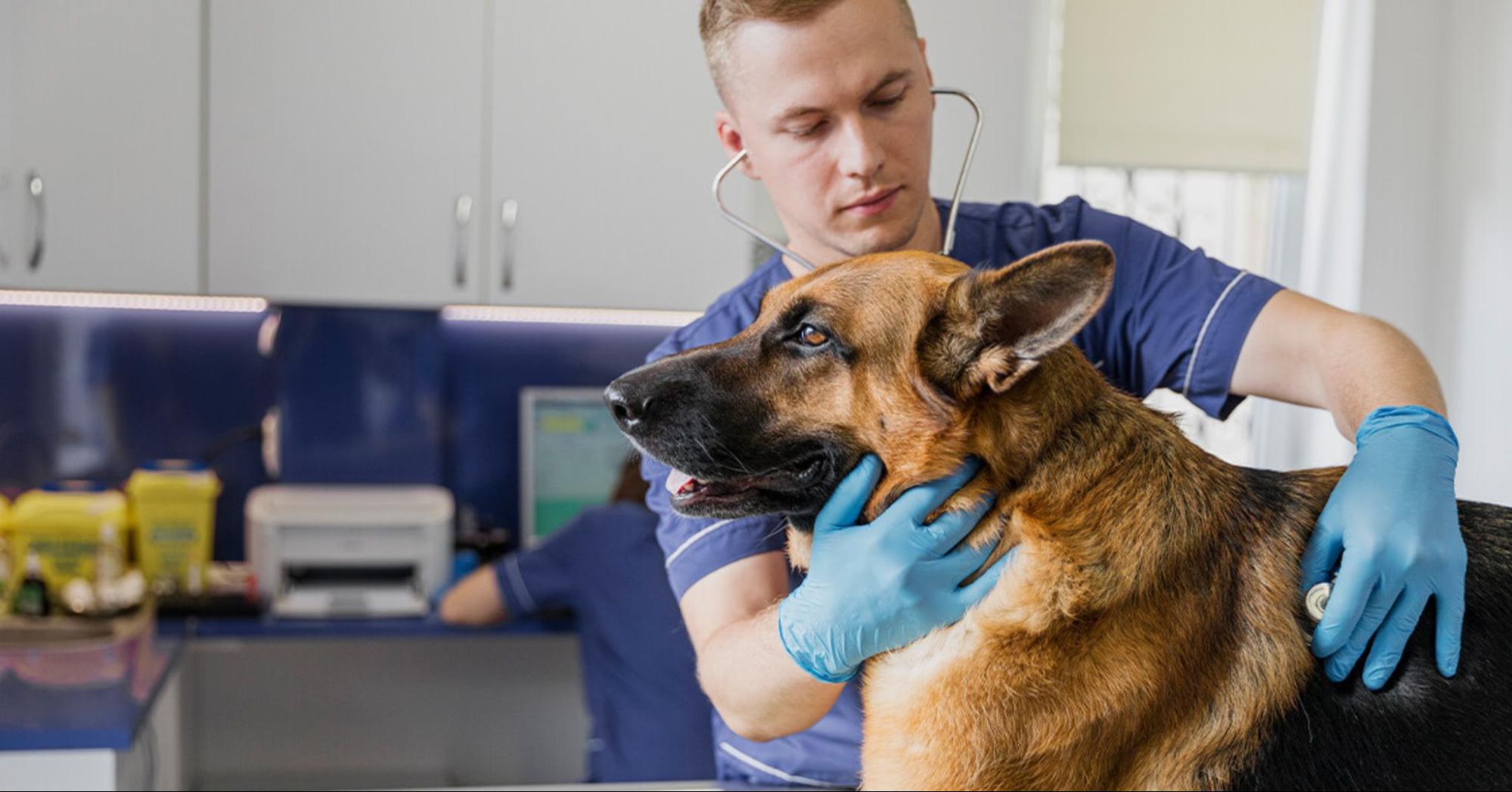
For the first few days, limit your dog’s activities to short, supervised walks. Gradually increase the duration and intensity of exercise as your dog heals. Gentle playtime and mental stimulation through puzzle toys can help keep your dog engaged without overexerting them.
Regular exercise helps maintain a healthy weight and aids in faster recovery. However, always consult your vet before resuming intense physical activities to ensure your dog is ready.
Behavioral Changes
Behavioural changes are common post-neutering and can vary from dog to dog. Some dogs may become more docile, while others might experience increased anxiety or changes in appetite. Understanding these changes can help you manage them effectively.
Neutering can reduce behaviours driven by hormones, such as marking territory or mounting. However, these behaviours may not disappear immediately and could take a few weeks to diminish. Patience is critical during this transition period.
If you notice significant behavioural changes that concern you, consult your vet or a professional dog trainer. They can provide strategies to manage these changes and ensure your dog’s well-being.
Monitoring Your Dog’s Health
Monitoring your dog’s health closely during the post-neuter recovery period is crucial. Regularly check the incision site for any signs of infection and assess your dog’s overall condition.
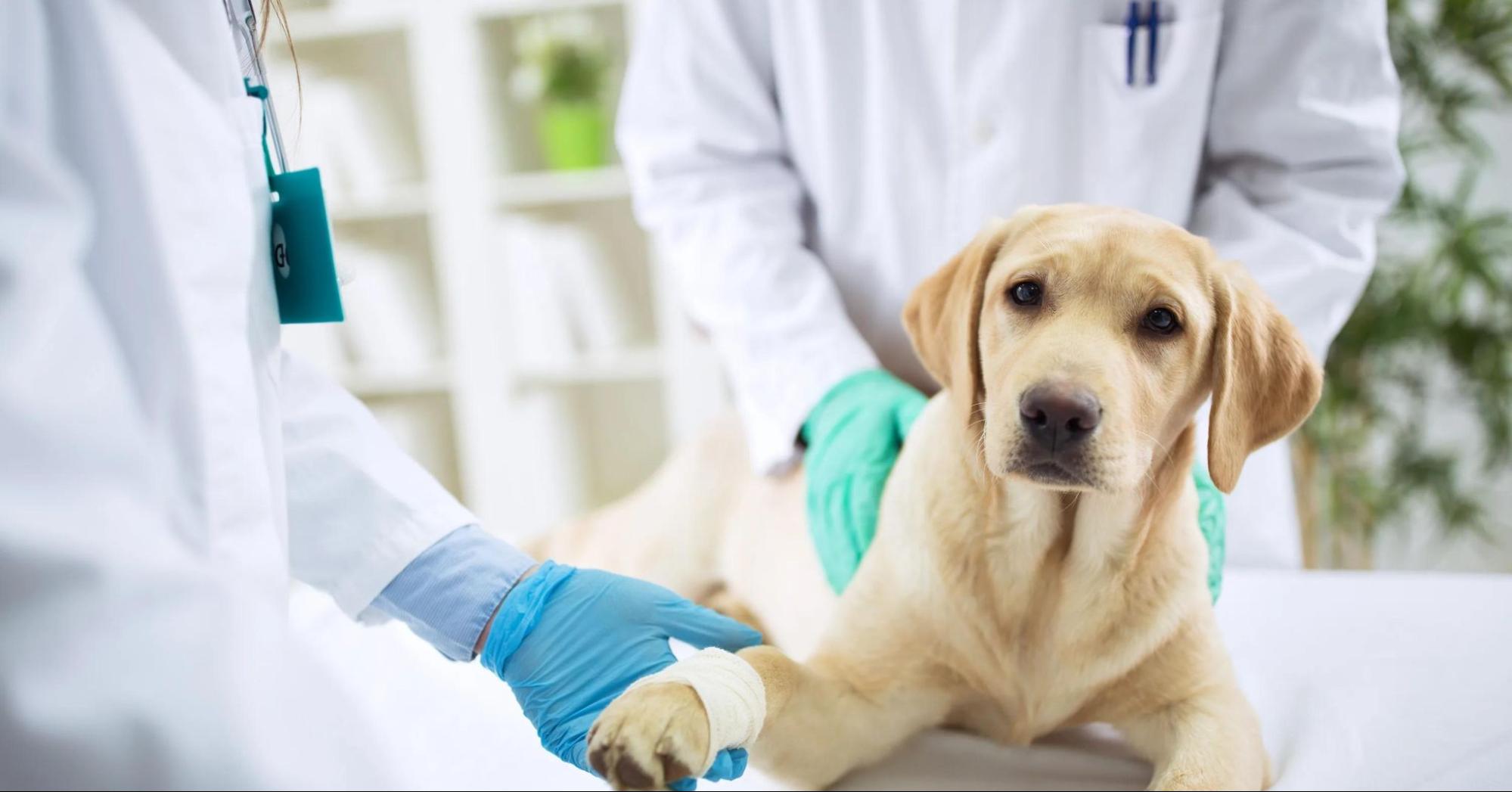
Take note of changes in appetite, energy levels, or behaviour patterns. Contact your vet immediately if your dog seems unusually lethargic, refuses to eat, or shows signs of pain. Early detection of complications can prevent more severe health issues.
Keep all follow-up appointments with your vet to ensure your dog’s recovery progresses smoothly. These check-ups are an opportunity to address any concerns and receive professional guidance.
Conclusion
In conclusion, caring for your dog after neutering involves a multifaceted approach that includes understanding the healing process, making dietary adjustments, regulating exercise, monitoring behavioural changes, and ensuring overall health. Following these guidelines can help your dog recover quickly and maintain their well-being.
Neutering is a step toward a healthier life for your dog. Your furry friend will return to its happy, playful self with proper care. Remember, ongoing care and regular check-ups are vital for your dog’s long-term health.
For personalized advice and more tips on dog care, consider booking a consultation with one of our expert veterinarians. Your dog deserves the best, and we’re here to help you provide it.
FAQ
What Do I Need To Know To Take Care Of A Dog?
To care for a dog, ensure a balanced diet, regular exercise, and routine vet check-ups. Provide mental stimulation through toys and training, and maintain good hygiene with regular grooming.
How Long Can You Leave A Dog Alone?
Most dogs can be left alone for 4-6 hours. Puppies and older dogs may need more frequent breaks. Ensure they have access to water, a comfortable resting place, and toys to keep them occupied.
What Supplies are Needed To Take Care Of A Dog?
Essential supplies include a collar and leash, food and water bowls, high-quality dog food, grooming tools, toys, a bed, and a crate. Don’t forget to have poop bags and identification tags.
How Often Should You Brush Your Dog’s Teeth?
Brushing your dog’s teeth at least 2-3 times a week would help prevent plaque buildup and dental disease. Daily brushing is ideal for optimal oral health.
How Do I Toilet Train My Dog?
To toilet train your dog: Establish a routine by taking it outside frequently, especially after meals and naps. Use positive reinforcement with treats and praise when it goes in the right spot. Be patient and consistent.



